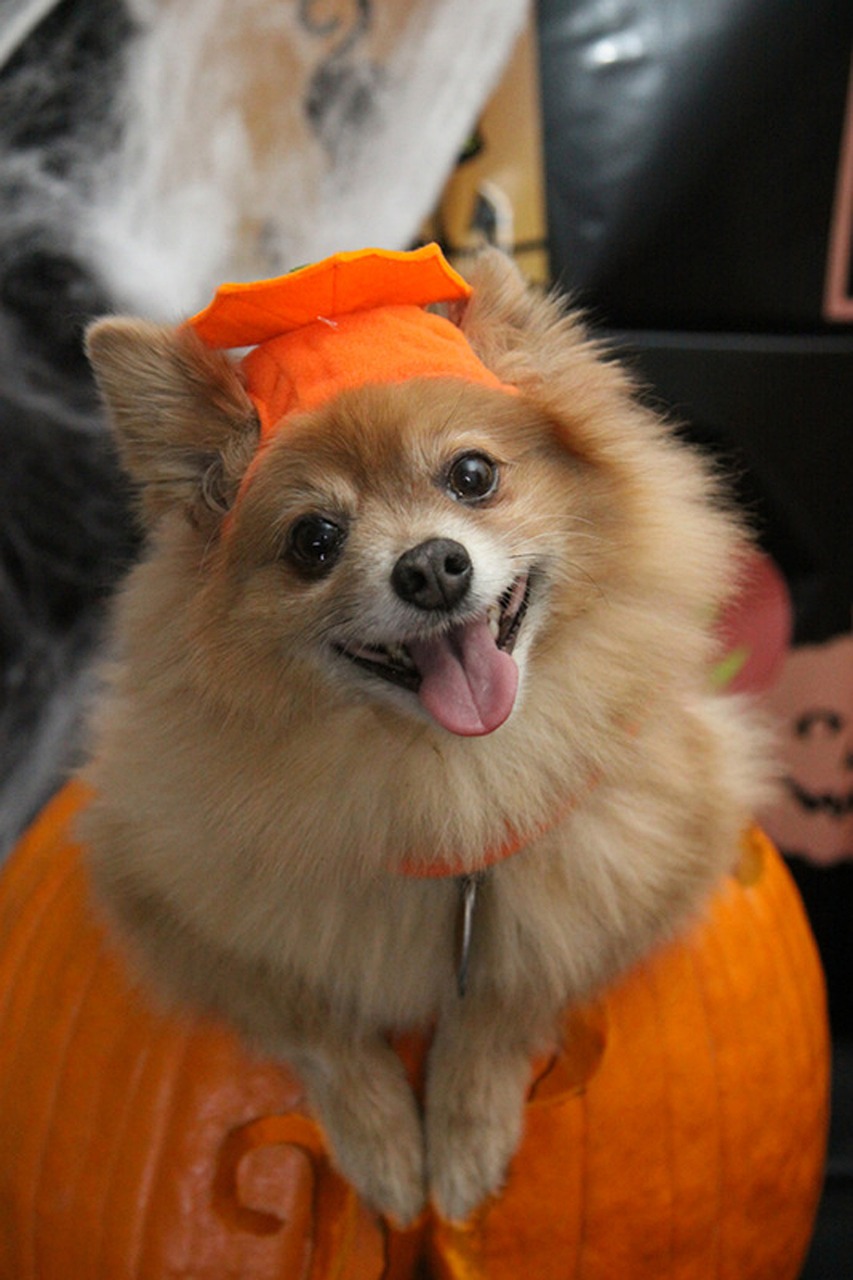



Bird Basic Care
Supplies
The Right Cage
Ask us a recommendation as different birds need different cages. Here are some must-haves:
· The cage must be big enough for your bird to stretch his/her wings comfortably and fly in the case of smaller birds.
· The cage must be made from nontoxic (nonpoisonous) material
· The cage base must be so hard that your bird can’t ruin it by chewing
Cage Location
· Make sure the cage can’t be knocked over or fall
· Put the cage in an area like a family room, so your pet can be around everyone - birds are very social
· Avoid drafts and kitchens. Kitchen fumes like burnt Teflon from a cooking pan can kill a bird.
Bedding/Lining
· Use non-colored newspapers with soy ink, paper towels, or brown paper. Crusher Walnut and Kay cob can be used too
Perches
· Get both fat and thin perches – like manzanita branches. This helps birds exercise their feet and prevents pressure sores.
· Be Careful when use sandpaper perches, they can hurt your birds feet if not monitored.
· Large birds like Amazons or African Grey Birds need a freestanding perch outside the cage.
Food Dishes
· Must be attached, and durable so they can’t be tipped over or chewed
Toys
· Birds like mirrors and other toys. Make sure all toys are made from nontoxic material. Interactive toys that are engaging with lots of colors and textures are ideal. Even bells and chimes can be great too.
Chores
Daily
· Clean cage of any droppings
· Change water once or more if needed
· Provide fresh fruits and vegetables, and remove any un-eaten foods. Replenish when needed.
· If your bird is hand-tamed, take him/her out to play for at least an hour each day
Monthly
· Breakdown and clean cage with water and a mild soap. Make sure you rinse well.
· Clean off all perches with soap and water.
· Mild bleach the water and food cups rinse well
What to Feed Your Bird
Dos
· Birds need a balanced diet -- with food from all the major food groups
· Birds are one type of pet that benefits from eating many “people foods” Make sure they are not seasoned or salted. Plain “people foods “are best.
· Birds must have fresh fruit and vegetables daily
Don’ts
· Never feed your bird a “seed-only” diet
· Never feed your bird houseplants, avocado, cherry pits, rhubarb, apple seeds or raw milk products
Poisons and Dangerous Fumes
Many common household items can hurt or even kill your bird. These include:
· Overheated Teflon cookware
· Tobacco smoke
· Lead paints
· Scented candles or incense
· Chemical cleaners
· Insecticides
· Aerosol products
· Some houseplants
Trimming Your Bird’s Wings & Nails
· Depending on the bird or many variables including diet you may want to bring your bird in about every 3-6 months to get wings and nails trimmed.

